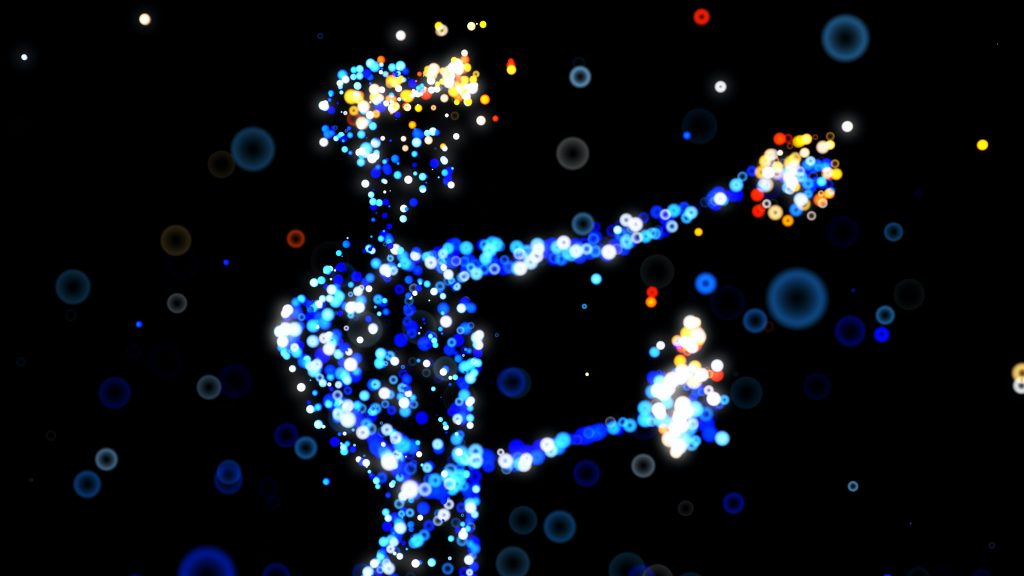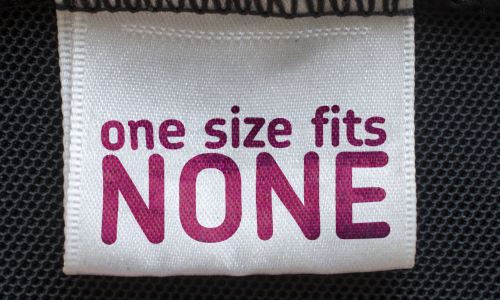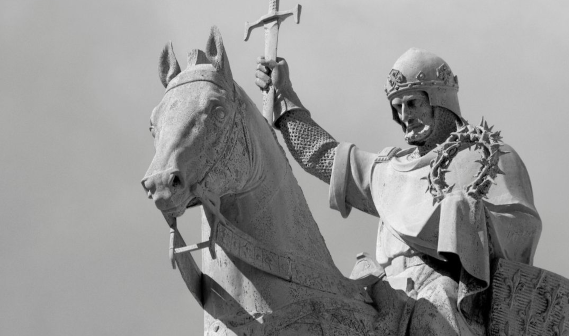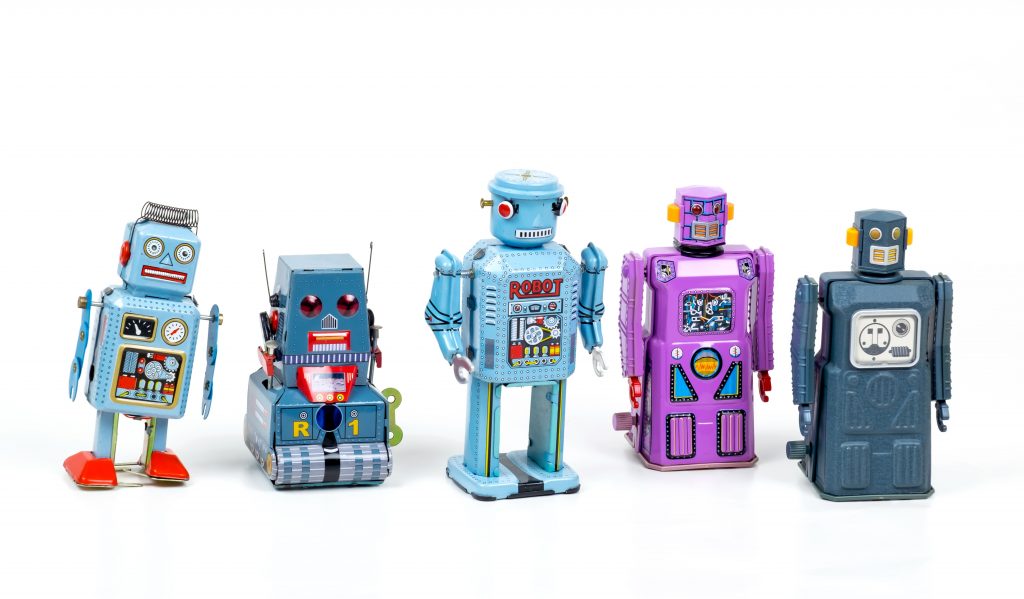Are you predicting the future or preparing for it?
As the COVID-19 apocalypse continues to sweep through the end of FY20, the C-Suite across Australia are emerging with strategies to address the body blow their organisations have just taken from an unforeseeable, systemic, global crisis. The FY21 strategy will most likely be built on strong, clear pillars (everyone loves a strategy house) that are focussed on restoring confidence, renewing faith in the future and regenerating the business model for future resiliency against the next unpredictable risk. I may be a little idealistic – perhaps it will be more of the former than the latter!
I’m curious about how much of the time formulating the FY21 strategy was spent discussing ‘what we need to do differently’ VS ‘how we need to be different’? For many executive teams, this experience was one of the greatest case studies to live through in testing their complexity fitness. It was a clear reminder that we live in unprecedented times and the experience and skills that got us to the table, (which didn’t help us predict or prepare for this outcome), may in fact be what holds us back from navigating an unknown future.
How do you build a new dynamic of strategic conversations, executive leadership and governance for an unpredictable future? How do you ensure the FY21 strategy doesn’t become as irrelevant as the FY20 plan became in March as COVID-19 hit?
It starts with letting go. Letting go of the:
- belief that the future is predictable, can be modelled and the answers are known
- assumption that your expertise and past experiences are your greatest assets
- need for control and certainty and security of having the answers
- expectation that you can assert power over the unknown
- desire to ‘save’ the day
Looking at your planning process and strategy on a page – how much of the conversation was spent critically assessing whether these beliefs and assumptions were at play during the planning process? What may be at risk in your plan if these assumptions were driving the outcome?
This process of letting go, is one of the most significant transformations an executive team can undertake to open themselves and their organisations up to possibilities and opportunities that confidence, control and certainty can overshadow.
My work with executive teams centres on the belief that the level of transformation being driven across an organisation should directly correlate to the level of disruption, growth and embodied transformation that the executives are undertaking – both personally and collectively.
Now is the time for progressive executive teams to take the learnings from FY20 and begin building the capabilities for a new form of strategy development, leadership and governance that is built for complexity, transformation and adaptability in the face of increasing volatility.
In preparing for the future and building the capabilities to navigate what is year to come, the leadership teams I am coaching are working on:
- Engaging in a more dynamic and regular strategic conversation and prioritisation rhythm that is designed to harness multiple perspectives to make sense of emerging intelligence and system dynamics
- Unlearning the decision making habits that are founded on certainty by designing conversations differently so that new capabilities can be learned and embedded
- Engaging your people in the enduring pursuit of your purpose and desired positive impact, to create a connection and commitment to a higher goal, so that they can withstand the ebs of flows of a more volatile environment and more agile and adaptable strategy
- Critically reviewing and redesigning the structures, processes, frameworks and systems that are hardwired into the organisation and continue to perpetuate old beliefs and behaviours that are skewed for certainty, predictability and control
- Build the capabilities of your people to navigate complexity, by hardwiring the skills into the rhythms and rituals of teams across the organisation.
Harnessing these new capabilities and practices to navigate an unpredictable future is what will differentiate your leadership and prepare your plans and your people for that which comes next, that we cannot yet see, nor predict.
About Peta:
Peta Karunaratne is an in-demand executive coach, HR innovation consultant and leadership development and team development facilitator who works with her clients across Australia, the UK, North America and New Zealand to build future-focussed collective leadership capabilities.
She is driven by her own purpose of helping people and organisations transform so that they can transform their lives, and the lives of the people they serve.
Her work sits at the intersection of human resources, strategy development and organisational transformation. She has delivered large-scale programs for ASX and FTSE 100 companies across the globe including SilverChef, Suncorp, Optus, Thiess and AMEC Foster Wheeler.
Peta has a talent for helping people, teams, leaders and organisations to thrive and realise new, more effective ways of working together to deliver commercial outcomes and positive impact.
The Karuna Collective approach was crafted from Peta’s experience as an executive leading complex organisational structures focussed on profit and purpose; where traditional models of change management, leadership and innovation were unable to achieve the transformational impact desired.
A renowned change-maker and purpose-driven leader, Peta has been the recipient of awards for her work including ‘Best for the World for Workers’ in the global B Corporation Awards in 2018 and 2019; and a finalist in the CEO Magazine’s HR Director of the Year awards in 2019.






